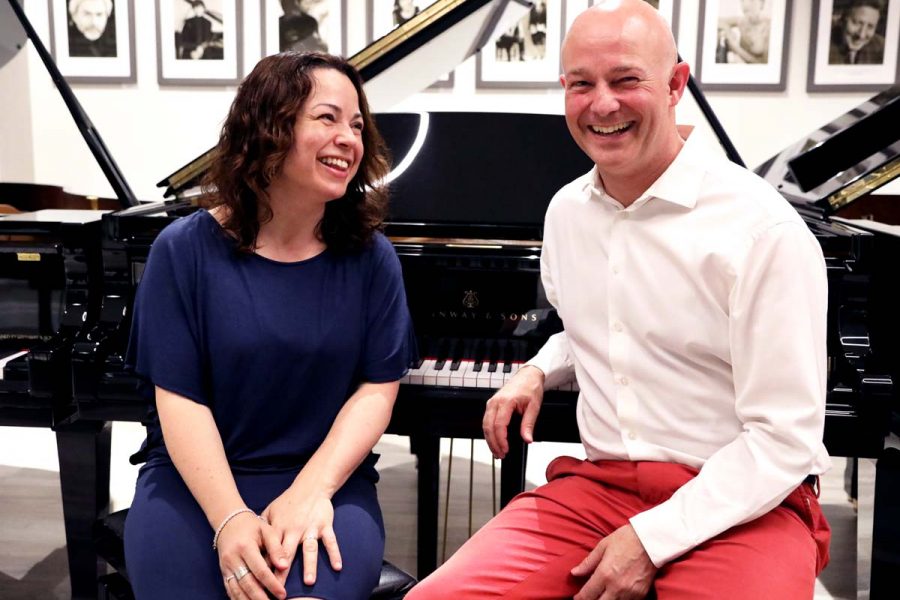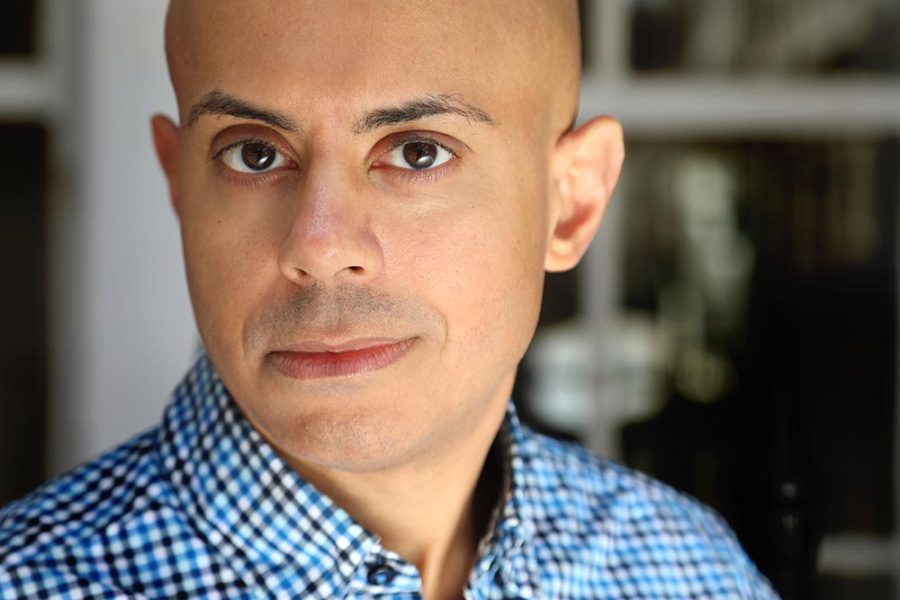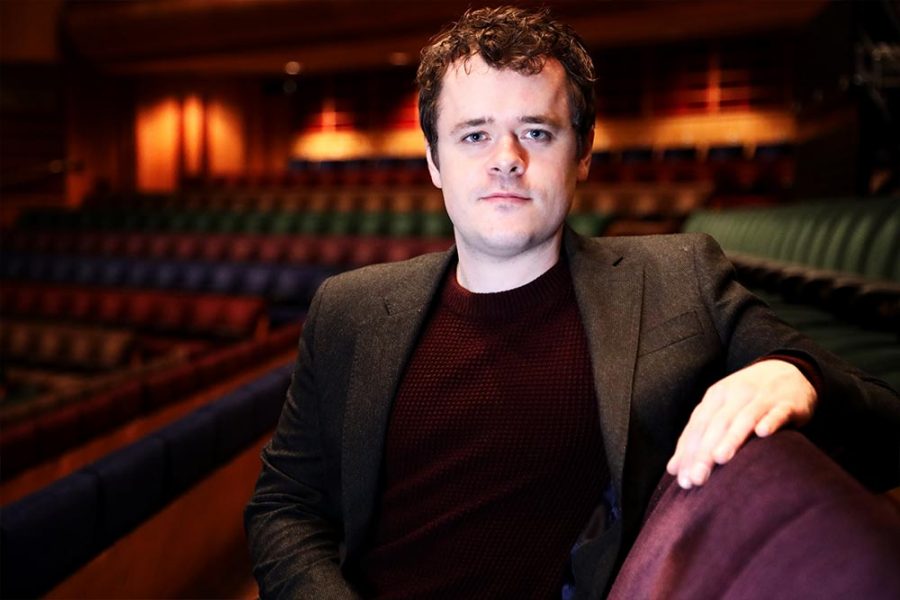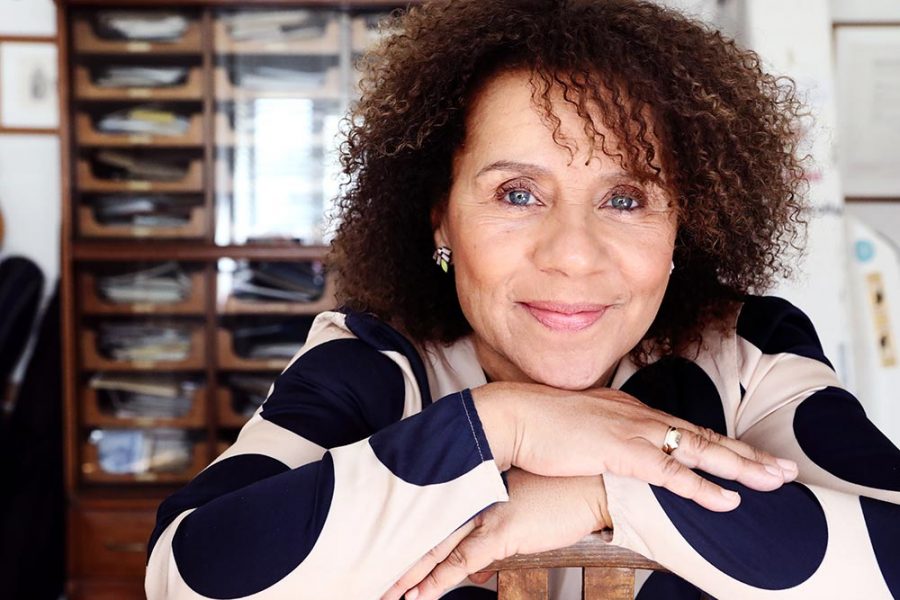From Weightlifting to the Well-Tempered Klavier: Kimiko Ishizaka

December 2016
Words by
Emer Nestor
Photos by
Frances Marshall
As a former student of the Hochschule für Musik Köln, German-Japanese pianist, Kimiko Ishizaka has received critical acclaim for her unique interpretation of the music of Bach and Chopin.
In 2012 her inventive recording of the Goldberg Variations—a project funded by her fans through Kickstarter.com—brought Ishizaka’s talents to a worldwide audience. Driven by her sincere passion to make Bach accessible to all, Ishizaka released her recording directly into the Public Domain. Three years later, she went on to perform ‘The Well-Tempered Clavier’ (Book 1) under the Parma label. Aside from Ishizaka’s work as a concert pianist, she is also an accomplished weightlifter, winning three medals at the 2008 German championships in Olympic weightlifting, among other accolades.
Ishizaka met with Final Note to give us a rare glimpse into her remarkable musical world.
It was my mother who sat me on her lap, placed her hands on top of mine on the keyboard, and pressed my fingers into the keys, thus teaching me to play my first piece."

Do you remember what first drew you to the piano?
It was my mother who sat me on her lap, placed her hands on top of mine on the keyboard, and pressed my fingers into the keys, thus teaching me to play my first piece. That’s when I was four years old. Her previous attempt to start me on piano, at the age of three, had proven premature.
What was it like growing up in such a competitive musical family?
Though my parents had managed to produce three children in under three years, I was the oldest, and the one who grew fastest. I looked like the much taller, older sister of two darling short little boys. The age-perception gap made it so that people expected leadership and maturity from me, and less so from them, making my dominant height less of an advantage and more of a perception handicap in the Wunderkind pageantry of the young Ishizaka Trio. Of course, when they did grow up, and morphed from cute babes to teenagers who could do pull ups with no effort at all, I was then envious of the physical feats they got to achieve with no preparation whatsoever. It took me years of training to be able to do pull ups!
Do you still perform with your brothers as the Ishizaka Trio?
Our last performance together was in 2004 as a memorial to our grandfather. We played the Tchaikovsky Trio in a-Moll, op. 50. It’s a wild and profound piece that captures both an unbridled exuberance and a brutal pathos in the form of a dirge. We have since then diverged to focus on our own projects and interests.
Take us through your learning process when preparing for a concert or recording project?
I’m drawn to epic, large projects. I always want to be studying music that challenges me, intellectually and technically. Bach and Chopin provide exquisite examples of works that excite me. When I start the study of a new work, I’m often overwhelmed by how much there is to understand and investigate. It takes me weeks to pick apart even a single page of music until I feel I truly understand what the composer has written and why, not to mention to form an opinion on how it is best performed. In that time, I carry the music with me continuously, in my mind, investigating it from every angle. I’m particularly prone to listening to it (in my mind) in bed, lingering on a specific harmony, finding a new relationship in the counterpoint, and pondering articulations.
Articulations are the bane of my life. Articulation is the interpretation, and every single note has to be articulated precisely and deterministic based on its role and function in the music. The articulation conveys the meaning. When I finally do fall asleep, I have articulation nightmares where a phrase will occupy my dreams with an unsolvable articulation problem. It’s the pianists’ version of running for your life but finding that you can’t move your legs. The articulation monster will catch you!

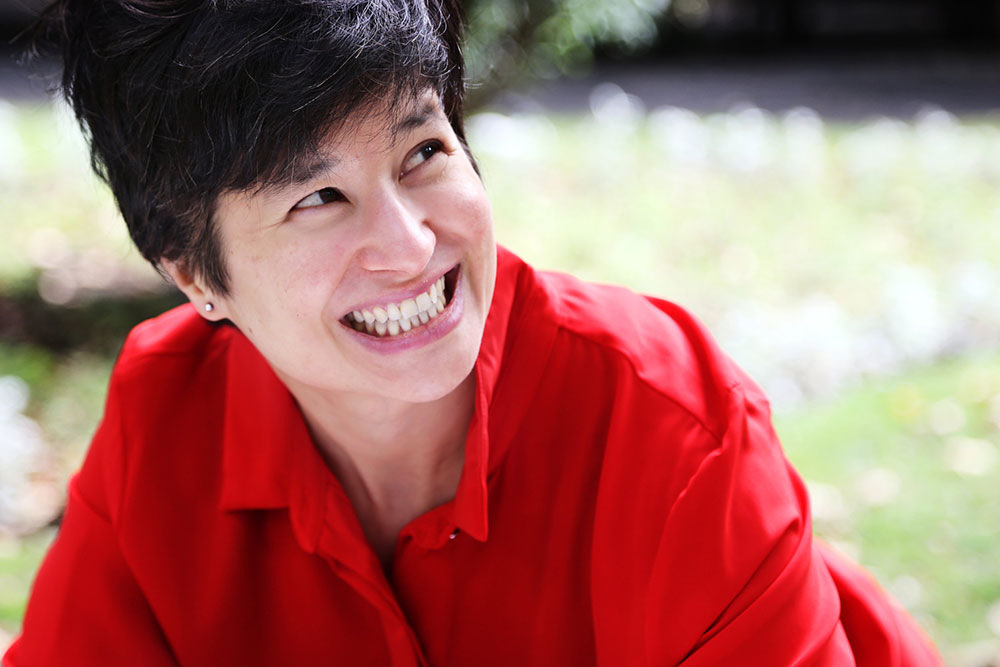


I've got something more valuable—a direct connection with thousands of people who deeply care about what I'm doing."

Given the many recordings of Bach’s ‘Goldberg Variations’ within the piano repertoire, why did you decide to contribute your interpretative voice to this canon of works?
It was very opportunistic, and a coincidence of timing. I had just discovered the piece for myself, and was full of enthusiasm for it. I hadn’t given a single thought to the other people who had previously recorded it (sometimes even twice). When I told my husband that I wanted to capture and share my interpretation, he worked with our friends at Musescore to come up with the concept of the Open Goldberg Variations, and that’s where I first found a fan base willing to finance my recording projects. Of course I really believed in my interpretation, and felt that it was important for the world to hear it. Despite the fact that seemingly everybody has recorded the work, it’s very satisfying that my version is so highly visible on the internet, usually appearing as the top search result for anyone looking for the Goldberg Variations.
Why do you favour the medium of open source/crowd funding recording?
Despite the hundreds of high profile concerts I gave as the pianist of the Ishizaka Trio, I didn’t really participate in the music competition circuit, and was a late bloomer as a soloist. I even took a few years off from vigorously pursuing concerts to fulfill my dreams of becoming a competitive athlete. Therefore, when I was ready to venture out into the world on my own, the traditional ways were all but lost to me. Fortunately, there was this new thing called Kickstarter, and it turned out to be the perfect way to connect me to the most amazing fan base I could hope for. People who believe in my approach to free culture have steadfastly supported my projects for over five years, and the base keeps growing. Sure, it would be fantastic having a recording contract with a major label, but in the meantime, I’ve got something more valuable—a direct connection with thousands of people who deeply care about what I’m doing.
Having also recorded the first volume of Bach’s ‘Well-Tempered Clavier’ and provided your own ending to the ‘Art of Fugue’, what attracts you to the music of this composer?
Bach’s music is incredibly highly organized and detailed in its structure, yet impossibly unpredictable, and always expressive. It’s the only music that I can lose myself into endlessly and still come up with new discoveries and understandings. It’s also frighteningly difficult to play, yet not gratuitous in its approach to virtuosity. The challenges arise simply from Bach’s adherence to form and content.
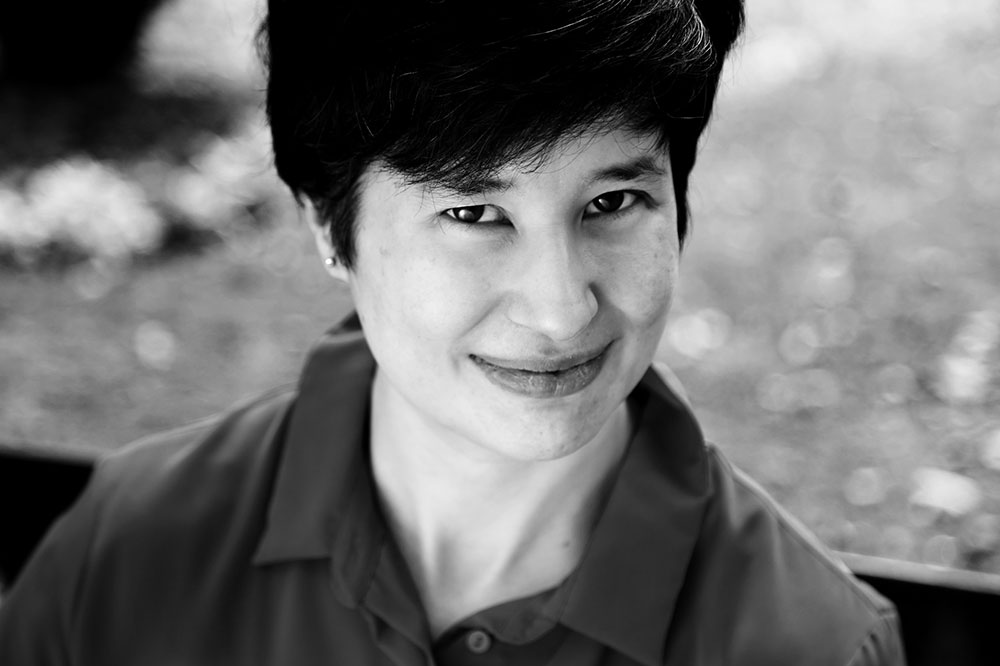


How did you get involved in weightlifting and what thrills you about this sport?
It was actually a convicted bank robber who convinced me to try lifting bare iron instead of relying on fitness studio machines and devices. He had learned in prison that real physical power comes from whole-body exercises such as the squat and deadlift. When I showed alacrity and some talent for the pursuit, he introduced me to a retired Persian weightlifting champion who managed to instill a sense of the purity and respect for the sport. I eventually moved to Cologne from Bonn to be near the weightlifting club, carefully choosing an apartment within walking distance so that I could train four days a week.
Have you found a commonality between the performance aspects of both disciplines—music and sport?
Well, the pressure from either one can make you think that you’re going to die. With weightlifting, however, the actual risk of putting more iron than your own bodyweight over your head is ultimately more visceral. Other than that, they both demand absolute discipline, no compromises whatsoever, enormous concentration, and the distillation of everything into one crucial moment where all that you’ve worked for has to happen, exactly like you planned it.
What’s next for you?
After premiering my interpretation of ‘The Well-Tempered Clavier’ (Book Two) at the Arizona Bach Festival in January, I’ll be preparing to record Die Kunst der Fuge in the Teldex Studio in May, 2017.
To find out more about Kimiko Ishizaka see: www.kimiko-piano.com
All images displayed in this article are subject to copyright.
Share this article


